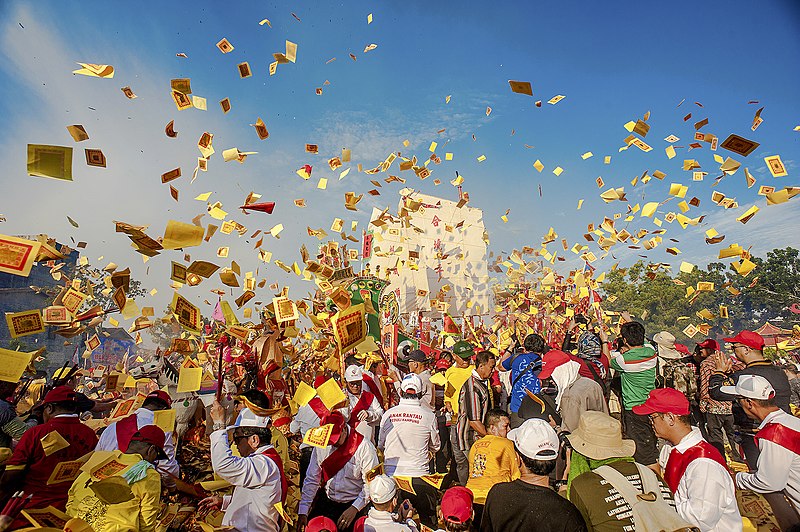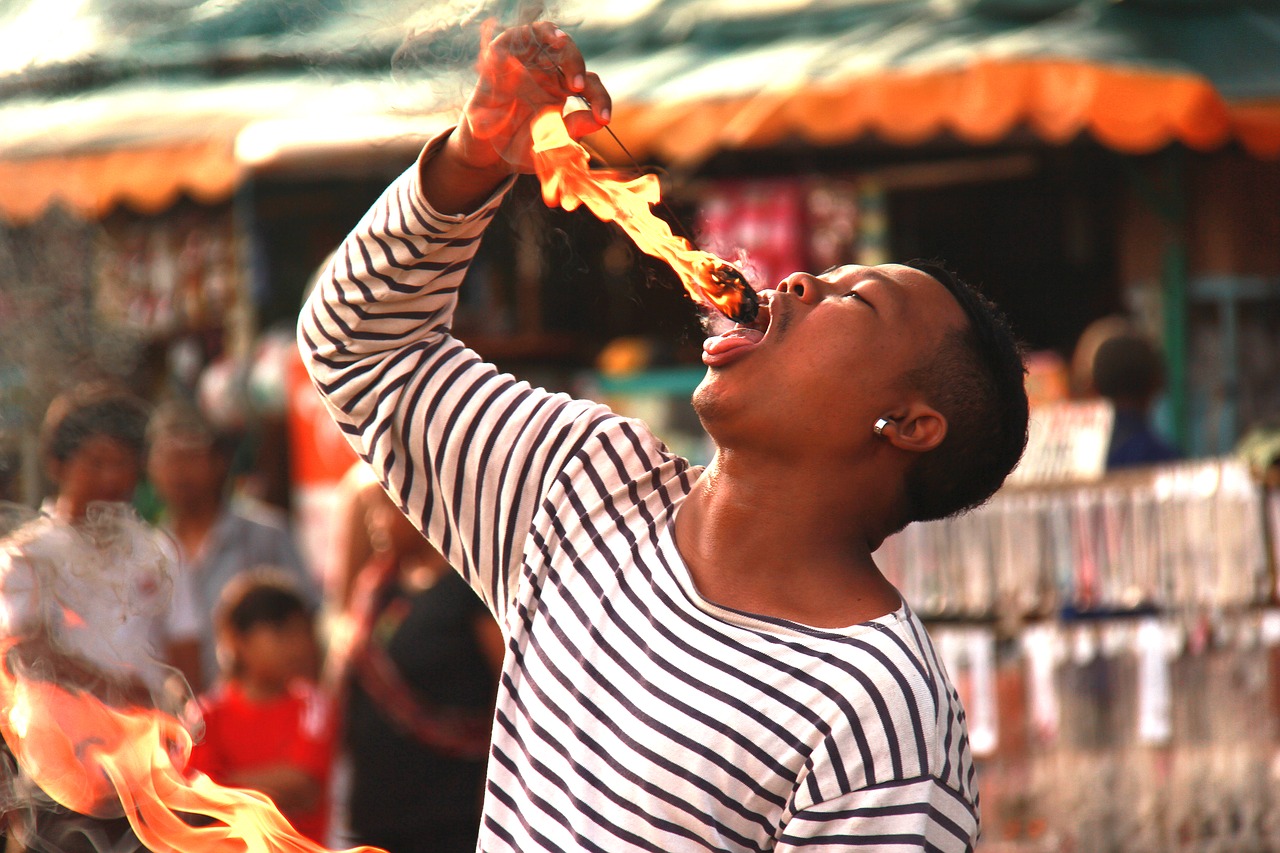Interesting Indonesian Traditions
Every culture around the world has some fascinating traditions. We often take our customs for granted, as we follow them every year. However, when we look at a different culture on the other side of the world, we are amazed by how different they are.
If you’re planning to visit Indonesia, prepare to witness some exciting and unique traditions. Each of them is memorable in its way. Here’s what you can come across.
Debus
Many cultures express their belief in God in different ways. Different traditions symbolise the degree of faith people have. Debus is one of such traditions, but it’s on the extreme side. People pierce their mouths, stab themselves, chew glass and walk through fire to prove that their faith in God keeps them safe.
Therefore, don’t get alarmed if you come across people with pierced cheeks walking down the road. It’s a part of the local tradition throughout Indonesia.

Ma’Nene
Many people will find this annual tradition in Tana Toraja more than interesting. During the ceremony, the deceased are symbolically brought back to life. They are taken out from their graves for a walk. According to the local tradition, the deceased never stop living. So every year, close family members take their bodies home, where they bathe and dress them before a walk throughout the village.
Once the ceremony is complete, the deceased are taken back to their graves until the next exhumation.
Metatah
An old Bali tradition Metatah is a right of passage ceremony that that Hindu Balinese undertake. It’s a teeth-cutting process. While it sounds crazy, it’s only a two-millimetre cut that doesn’t hurt. The cut teeth are part of an offering during a prayer. The participant also takes spicy, salty, sweet, bitter, sour and astringent.
The tasting of these tastes is symbolic, as they represent anger, obedience, wisdom, happiness, and toughness.
Burning of the Last Ship
The tradition of burning the last ship is a part of the Bakar Tongkang Festival. It celebrates the bravery of Chinese immigrants who burned down their ship after leaving the Fujian province. The act of burning the last ship showed their resolve to never return to their hometown.
The replica of the ship weighs hundreds of pounds, and the burning ceremony is the highlight of the whole festival. The ceremony is an important reminder for modern generations to respect the determination of their ancestors.

Kebo-Keboan
Paying respect to deities is common in every culture around the world. The rituals differ significantly, but the goal is the same — showing respect towards gods. Whenever Javanese have a Suro or Muharram month, their men smear themselves in oil and charcoal to imitate the water buffalos.
They roam the streets to call down the rain, so the next season brings more crops for the local residents.
Fahombo
Fahombo is a physically demanding ritual performed on Sumatra Island. The origin of the ritual goes back to the aggressive tribal wars dating back centuries. Even though there are no conflicts now, the act of leaping over the enemies’ defence fort has become an annual tradition. It represents maturity in men as they reach adulthood.
The participant runs towards the two-metre stone wall and leaps over it. This tradition is significant as it symbolises the maturity of the participant.

